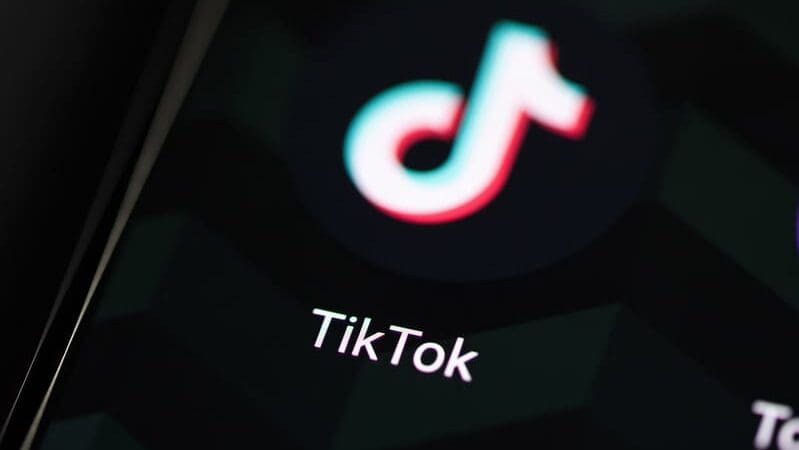
Photo: Ivan Radic
Chinese social media giant TikTok has ditched its planned EU rollout of a new feature that rewards screentime with shopping vouchers due to pressure from Brussels, the European Commission announced on Monday, August 5th. TikTok also withdrew the feature from France and Spain, where it began to demo earlier this year on TikTok Lite, the data-light version of the main app.
“The available brain time of young Europeans is not a currency for social media—and it never will be,” European Internal Market Commissioner Thierry Breton said in a statement.
The Chinese app’s “Tasks and Reward Program” was rolled out in Spain and France in April, and offered adult users Amazon vouchers, PayPal gift cards, and an in-app currency called ‘TikTok coins’ simply for watching videos and liking content.
TikTok had been considered too addictive even without giving out extra rewards for watching more content. Its algorithm is designed to give users sudden dopamine rushes in short intervals so that they can keep watching seconds-long videos for hours at once. This is the reason China restricts the time its citizens can spend on the app each day.
Unsurprisingly, the Commission found that incentivizing ever more screen time “may stimulate addictive behavior” and may jeopardize the physical and mental health of the users. As a gesture of goodwill, TikTok agreed to suspend the program in the two countries where it went live even before the investigation was concluded.
“The safety and well-being of social media users need to be a number one priority. Design features on platforms with addictive effects put the well-being of their users at risk,” Margrethe Vestager, the Commission VP responsible for the EU’s digital transformation said on Monday. “Today’s decision also sends a clear message to the entire social media industry.”
The announcement marks the first time an official investigation under the EU’s Digital Services Act (DSA) was successfully concluded by obtaining a binding commitment from a social media giant. TikTok still faces another open probe launched by the Commission in February, investigating the app’s addictive algorithms, its effects on teenagers, and the company’s inadequate mechanisms to check users’ true age.
